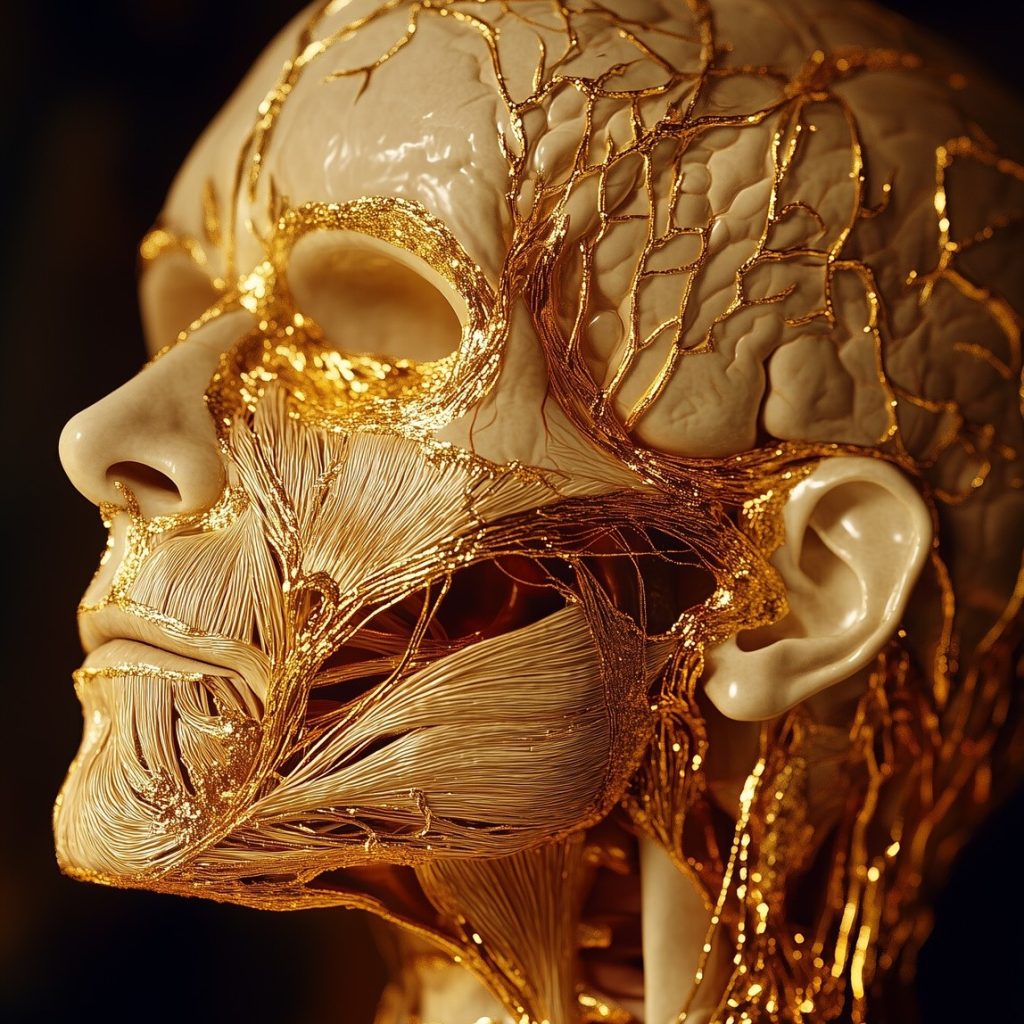Gold has fascinated humanity for centuries, but did you know that trace amounts of this precious metal exist within your own body? While it won’t make you rich, the gold inside you is a curious and little-known aspect of human biology.
How Much Gold is in the Human Body?
On average, a person weighing around 150 pounds (68 kg) contains approximately 0.2 milligrams of gold, most of which circulates in the bloodstream. Though this amount is microscopic, it is a fascinating example of how various elements, including gold, are present within us.
Where Does the Gold Go?
Unlike other essential minerals, gold does not play a significant biological role. Over time, the body naturally excretes gold through normal processes such as:
- Sweating
- Shedding skin cells
- Hair growth
Since these processes happen continuously, gold is gradually eliminated without any noticeable accumulation.
Why Is Gold Present in the Human Body?
Gold is present in tiny amounts alongside other trace elements essential for bodily functions, such as iron and zinc. While it doesn’t contribute to human health, its presence is a reminder of how intricately connected our bodies are to the Earth’s natural elements.
Final Thoughts
While the idea of carrying gold within you is intriguing, it exists in such minuscule amounts that it remains undetectable. However, this little-known fact about human biology adds another layer of wonder to our understanding of the body’s natural composition



Comments (0)
No comments yet. Be the first to comment!
Leave a Comment